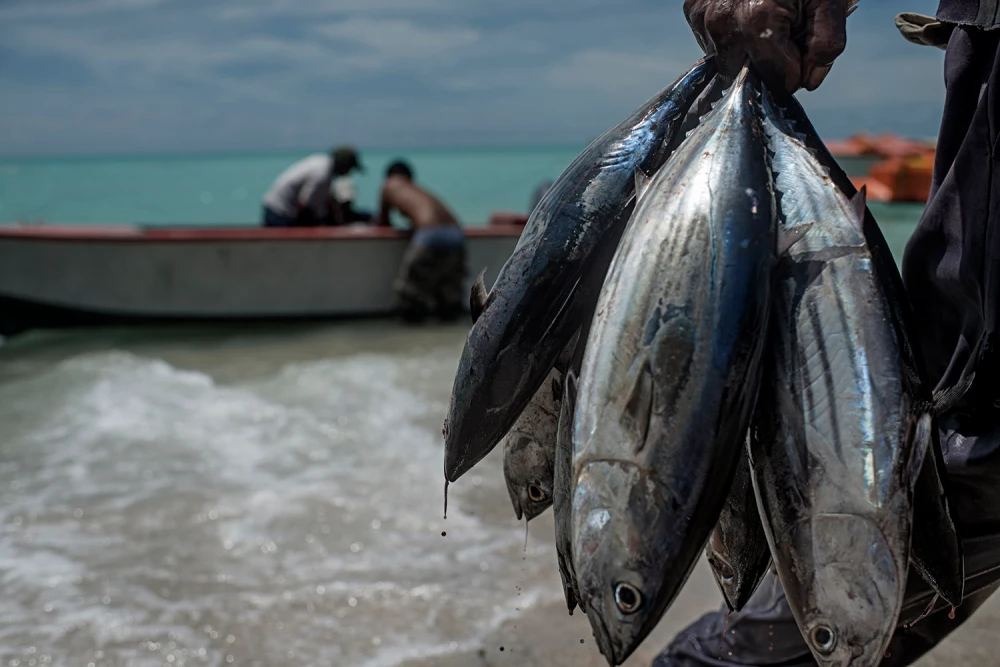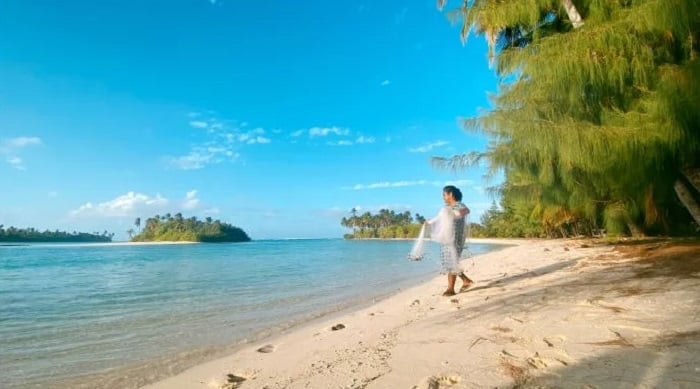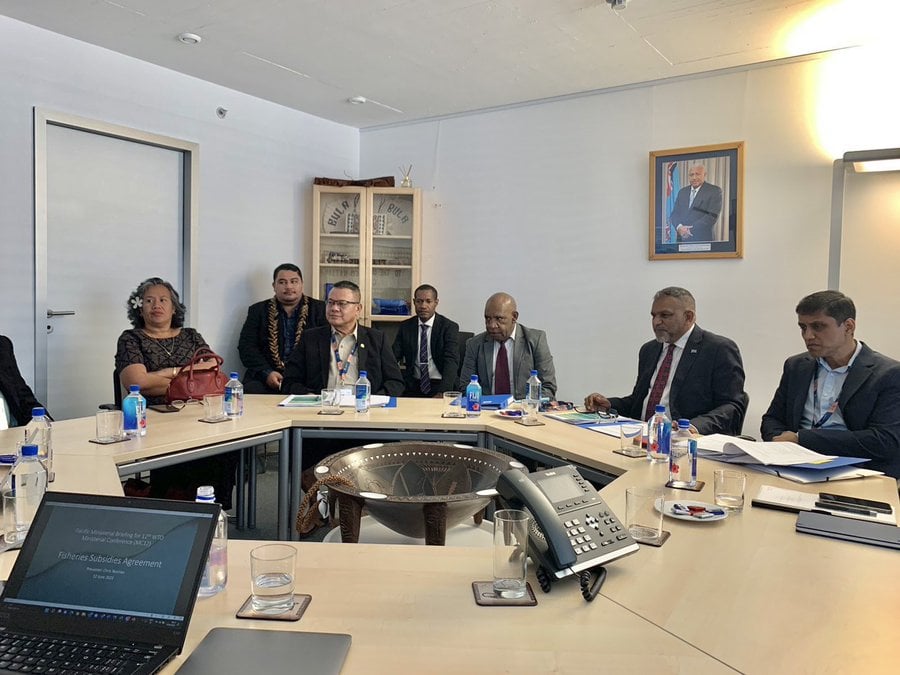Civil society groups called on WTO Ministers to ensure that global trade talks on prohibiting fisheries subsidies protect small-scale fishers
Over 80 civil society groups from around the world have called on World Trade Organisation (WTO) Ministers to ensure that global trade talks on prohibiting fisheries subsidies must protect small-scale fishers, targets those with the greatest historical responsibility for overfishing and stock depletion, and protect the conservation and management measures of a country from being undermined.
“The fisheries subsidies negotiations were intended to prohibit subsidies that are harming fish stocks but what is currently on the table will allow those most responsible for overfishing off the hook and limit the ability for developing countries to develop their own fishing fleets to fish their waters” commented Adam Wolfenden, Campaigner for the Pacific Network on Globalisation (PANG) one of the endorsing organisations.
The open letter to WTO Ministers comes ahead of the 12-15 June Ministerial Conference that is seen by some negotiators as a deadline for a deal.
“Small-scale fishers are some of the most vulnerable communities within the fisheries sector, many rely on government subsidy support to survive and are least responsible for the global state of fish stocks yet we are at risk of being caught up in this agreement. Small-scale fishers should be permanently excluded from any bans on subsidies” said Margaret Nakato, Coordinator of the Katosi Women Development Trust (KWDT) in Uganda, and Executive Director of the World Forum of Fish Harvesters and Fish Workers (WFF) which represents over 11 million small scale fishers, processors and workers.
“The Sustainable Development Goal mandated flexibilities for Developing Countries be ‘appropriate and effective’ but instead what is being proposed offers time and geographically bound flexibilities and a threshold test for global marine capture. This doesn’t meet the mandate set by leaders and especially when those large, capacity rich countries can more easily access the permanent, sustainability-based exemptions” added Ranja Sengupta, Senior Researcher with the Third World Network who is based in India.
Under current proposals members (Article 5.1.1) can continue to provide subsidies that contribute to overfishing and overcapacity provided they demonstrate that measures are in place to maintain stocks at a biologically sustainable level.
“Requiring members to notify their conservation and management measures in order to access flexibilities benefits those with capacity and invites the WTO into determining the validity of fisheries management measures, something the body has no expertise in and may result in undermining the conservation of fish stocks” stated Anniken Storbakk, General Secretary in Handelskampanjen, a network of environmental groups, farmers and unions in Norway.
The letter was endorsed by local, regional and global fisherfolk organisations, church groups, think tanks, development organisations, gender networks and Indigenous groups from over 20 countries in Africa, Asia, South America, Europe and the Pacific.
This story was originally published at PANG on 01 June 2022, reposted via PACNEWS.




